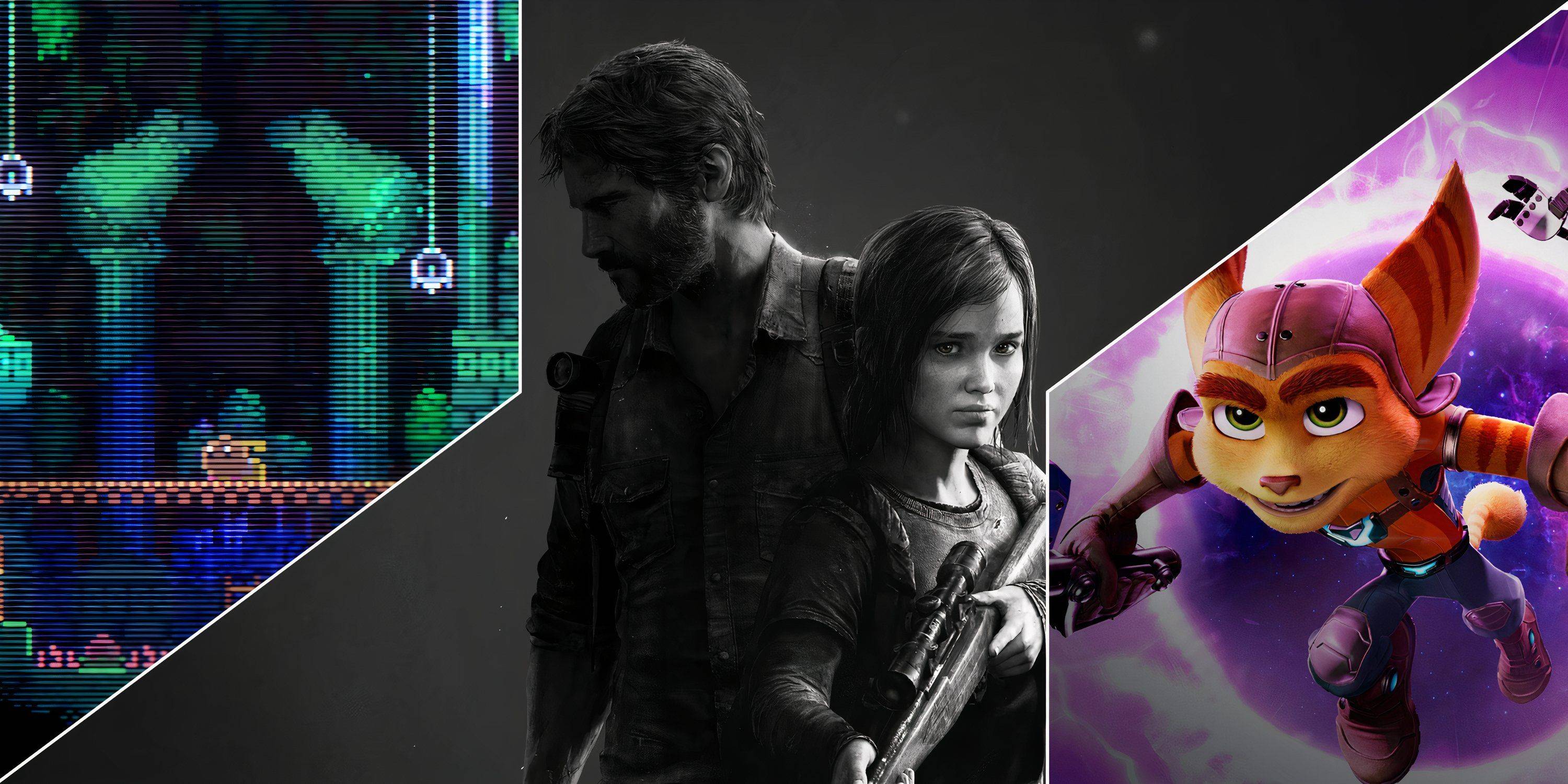Recent developments surrounding *Dragon Age: The Veilguard* have sparked significant discussion, particularly following comments from EA CEO Andrew Wilson, who stated the game failed to “resonate with a broad enough audience.” This sentiment came after EA’s announcement that the long-awaited RPG underperformed relative to internal expectations. During a recent financial call, the company revealed that *Dragon Age* had only “engaged” 1.5 million players in its latest financial quarter—nearly 50% below projections.
Following this, EA restructured BioWare, shifting its focus exclusively to *Mass Effect 5*. As part of this move, some team members previously working on *The Veilguard* were reassigned to other EA studios, while others faced layoffs. This decision followed a turbulent development cycle for *Dragon Age: The Veilguard*, which was marked by multiple leadership departures, internal restructuring, and last-minute pivots—including an abandoned live-service model that reportedly left many developers at BioWare surprised it launched at all, as noted by Bloomberg reporter Jason Schreier.
Andrew Wilson emphasized during the call that EA’s future RPGs need to incorporate “shared-world features and deeper engagement alongside high-quality narratives” in order to meet the company’s commercial goals. While he acknowledged that *The Veilguard* received positive critical reception and was well-received by those who played it, he maintained that it did not reach a wide enough player base in an increasingly competitive market.
This framing has drawn criticism from former BioWare talent, including David Gaider, the original narrative lead and world builder of *Dragon Age*. Gaider expressed skepticism over EA’s takeaway from the game’s performance, particularly the idea that a shift toward live-service mechanics would have improved its success.
“There are certainly all sorts of lessons a company could learn from a game like Veilguard (I still haven't played it, so I'm going off what other people have said), but ‘maybe it should have been live service’ being the takeaway seems a bit short-sighted and self-serving,”
Gaider added that EA should instead look to successful single-player RPGs like *Baldur’s Gate 3*—a massive hit despite its primarily single-player design—and double down on what made *Dragon Age* beloved in the first place.
“My advice to EA (not that they care): you have an IP that a lot of people love. Deeply. At its height, it sold well enough to make you happy, right? Look at what it did best at the point where it sold the most. Follow Larian's lead and double down on that. The audience is still there. And waiting.”
Mike Laidlaw, former creative director of *Dragon Age* and current chief creative officer at Yellow Brick Games, echoed Gaider’s concerns, stating that if someone had asked him to fundamentally change the nature of a beloved single-player franchise into a multiplayer-focused experience, he likely would have walked away.
“Look, I'm not a fancy CEO guy, but if someone said to me ‘the key to this successful single-player IP's success is to make it purely a multiplayer game. No, not a spin off: fundamentally change the DNA of what people loved about the core game’ to me, I'd probably, like, quit that job or something.”
With BioWare now fully committed to *Mass Effect 5*, led by series veterans Mike Gamble, Preston Watamaniuk, Derek Watts, and Parrish Ley, EA CFO Stuart Canfield framed the studio’s restructuring as a necessary step to align resources with the company’s most promising opportunities.
“Historically, blockbuster storytelling has been the primary way our industry bought beloved IP to players. The game's financial performance highlights the evolving industry landscape and reinforces the importance of our actions to reallocate resources towards our most significant and highest potential opportunities.”
 Home
Home  Navigation
Navigation






 Latest Articles
Latest Articles









 Latest Games
Latest Games




![Chubby Story [v1.4.2] (Localizations)](https://imgs.xddxz.com/uploads/85/1719638042667f981a5e9f8.jpg)

![Zia – New Version 0.4 [Studio Zia]](https://imgs.xddxz.com/uploads/47/1719569268667e8b74e6004.jpg)




